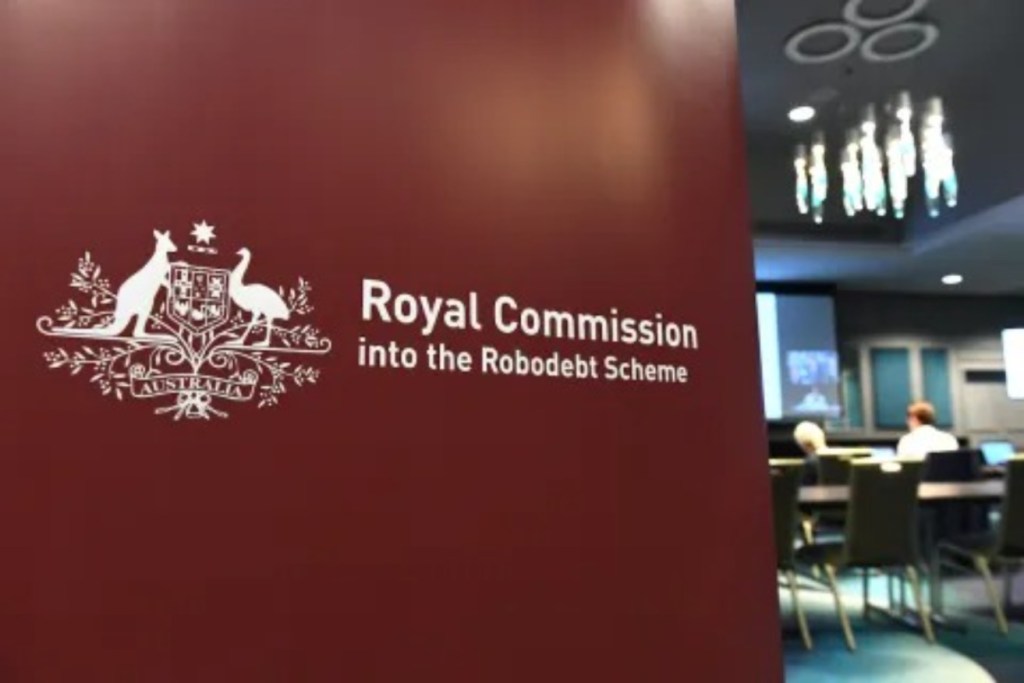Anti-corruption body to reconsider robodebt inquiry after shock finding
The national anti-corruption commission will review its decision not to investigate six people associated with the former Coalition government’s illegal robodebt scheme, after a review found the body’s head engaged in misconduct.

The inspector of the National Anti-Corruption Commission reviewed the agency’s decision not to pursue six people mentioned in the robodebt royal commission report, finding commissioner Paul Brereton didn’t recuse himself after a conflict of interest.
A review of the decision not to investigate the robodebt referral should be done by an appropriate person, the watchdog’s inspector Gail Furness recommended.
Brereton declared he knew and had a close association with one of the people but failed to appoint a delegate and remove himself from the decision-making process, the inspector said.
As part of the review, a retired judge opined the decision “was affected by apprehended bias”.
It means a reasonable person may think the decision wasn’t made in an impartial manner.
No suggestions of actual bias and no findings of intentional wrongdoing or other impropriety were made.
“In light of the conflict of interest, the NACC commissioner should have not only designated a delegate but removed himself from the related decision-making processes and limited his exposure to the relevant factual information,” the inspector’s report states.
“This was not done.”
Brereton involved himself in the decision in a “comprehensive” manner, the inspector found.
Stay informed, daily
This was an error of judgment and the commissioner engaged in officer misconduct, which was defined as not being unlawful but arising from a mistake of law or fact, the inspector said.
Between 2016 and 2019, the former coalition government’s scheme demanded and received more than $750 million from almost 400,000 Centrelink recipients.
Many welfare recipients were falsely accused of owing the government money and robodebt was linked to several suicides.








